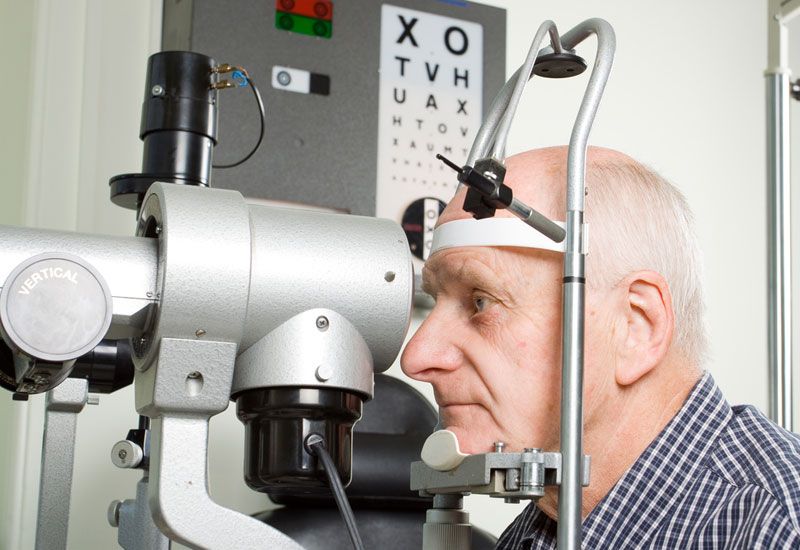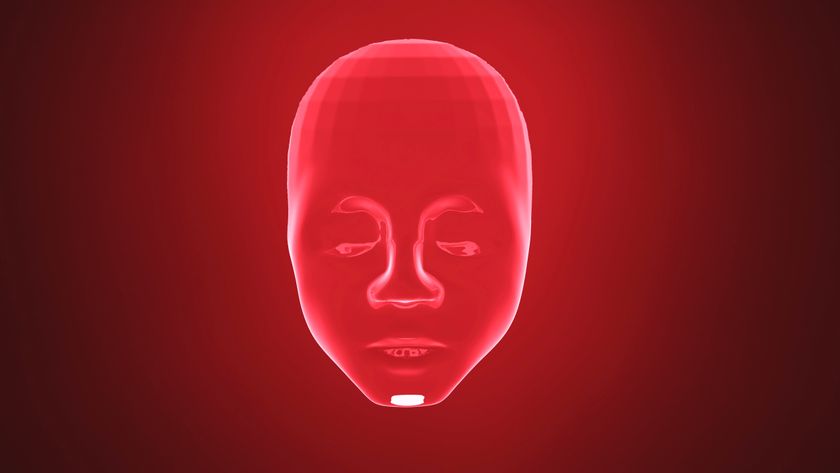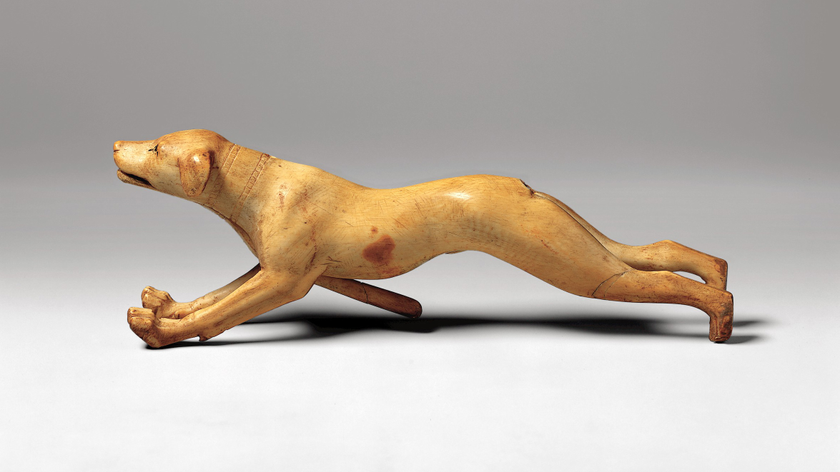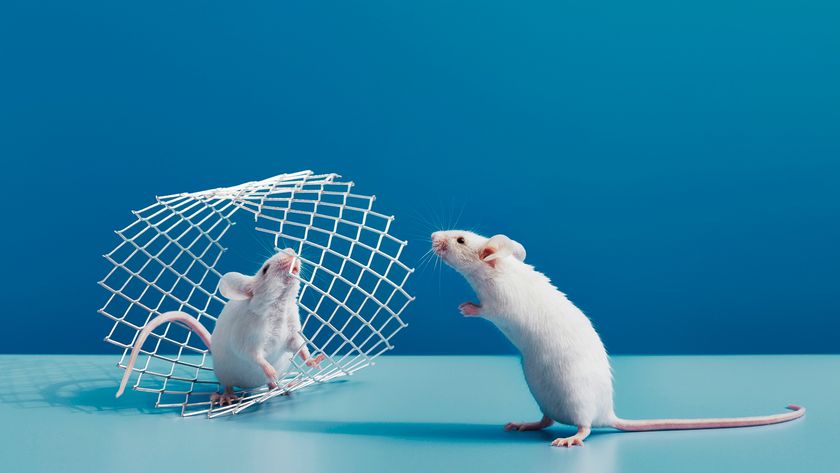Cocaine Users May Have Much Higher Risk of Glaucoma

Cocaine users may have an increased risk of developing a type of glaucoma, a new study finds.
The participants in the study who had used or were using cocaine were more likely than non-cocaine users to have open-angle glaucoma, the most common type of glaucoma and the second-most common cause of blindness in the United States.
Researchers at the Veterans Health Administration's Health Services Research and Development Service in Indianapolis analyzed the health records of 5.3 million U.S. veterans who had used VA outpatient clinics in 2009. About 90 percent of the veterans were male.
The researchers found that nearly 83,000, or about 1.5 percent of the veterans, had glaucoma. The study also revealed that current and former cocaine users had a 45 percent increased risk of open-angle glaucoma. In 2009, nearly 178,000 veterans seen in the outpatient clinics had a diagnosis of cocaine abuse or dependency, according to the study researchers.
Furthermore, the study found that patients with glaucoma and a history of illegal drug use were nearly 20 years younger than glaucoma patients without a drug exposure history, or an average age of 54 versus 73 for non-drug users. Men with open-angle glaucoma also had significant exposures to marijuana and amphetamines such as meth, although they did less of these drugs than cocaine.
"The association of illegal drug use with open-angle glaucoma requires further study, but if the relationship is confirmed, this understanding could lead to new strategies to prevent vision loss," study researcher Dustin French, a research scientist at the VA's Center of Excellence on Implementing Evidence-Based Practice and an assistant professor at the Indiana University School of Medicine, said in a statement.
Open-angle glaucoma is a condition that is linked to an increase in eye pressure that gradually injures the optic nerve. Over time, this pressure can lead to substantial peripheral vision loss.
Sign up for the Live Science daily newsletter now
Get the world’s most fascinating discoveries delivered straight to your inbox.
Although the long-term effects of cocaine use on eye health requires further study, it is unlikely that glaucoma preceded the use of illegal drugs, since substance use typically begins in the teens or 20s, the researchers said. Even so, the study just showed a correlation between cocaine use and glaucoma risk, and the scientists can't say whether one caused the other.
The study is published in the September issue of the Journal of Glaucoma.
You can follow LiveScience writer Remy Melina on Twitter @remymelina. Follow LiveScience for the latest in science news and discoveries on Twitter @livescience and on Facebook.










